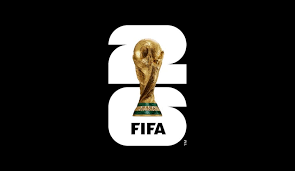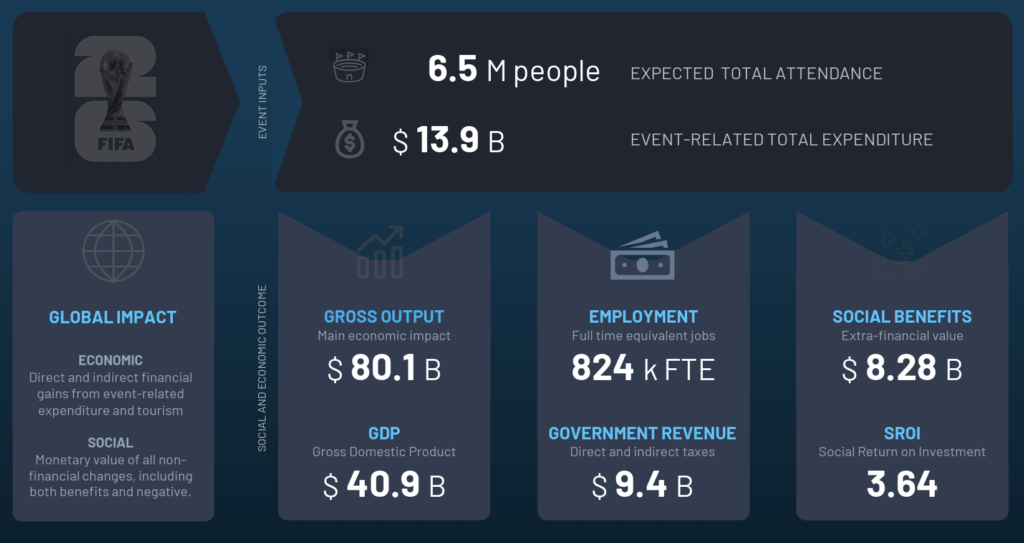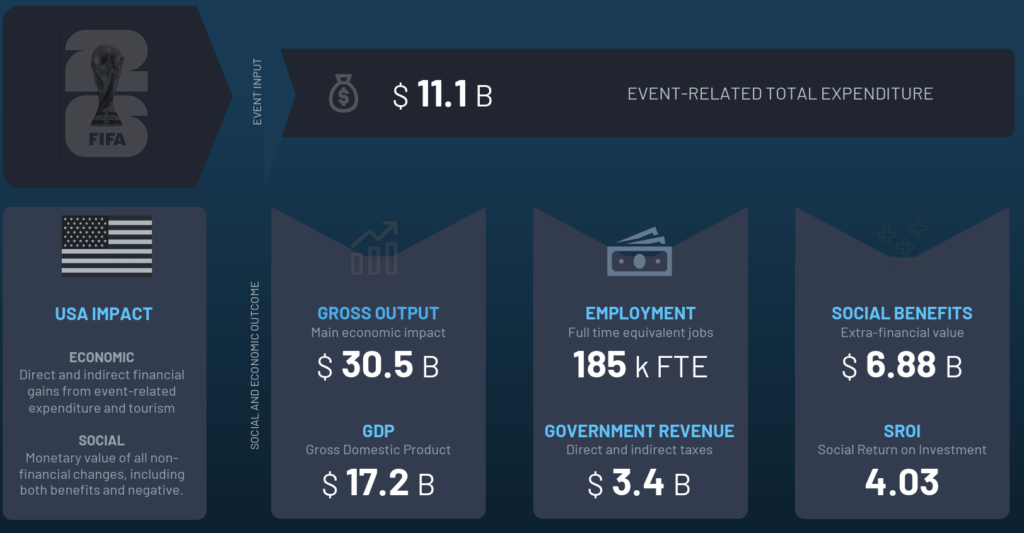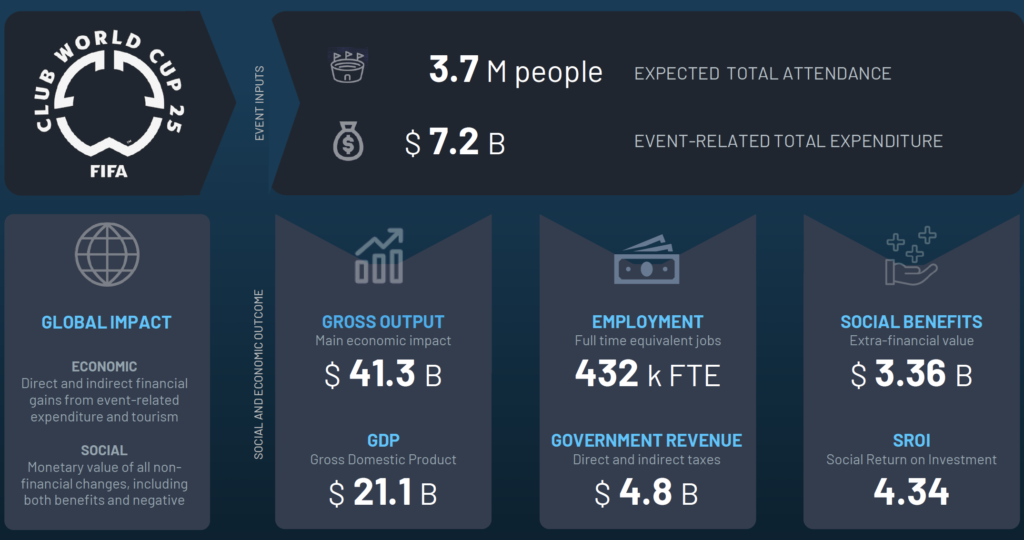April 9 – FIFA’s two flagship men’s tournaments in the United States – the expanded 2025 Club World Cup and the 2026 World Cup – are projected to generate a combined $47 billion in gross output and create nearly 300,000 jobs in the US, according to new research released by FIFA and the World Trade Organisation (WTO).
The study, conducted by independent analysts OpenEconomics, estimates that the two tournaments will contribute $62 billion to global GDP, with the US capturing a significant share as host of both competitions.
The 2026 World Cup, to be co-hosted by the US, Mexico and Canada, is forecast to generate $40.9 billion in global GDP and support 824,000 full-time equivalent jobs worldwide. For the US alone, the study anticipates $17.2 billion in GDP, $30.5 billion in gross output, and the creation of around 185,000 full-time jobs. The tournament is expected to draw around 6.5 million spectators across the three countries.
2026 World Cup Impact propagation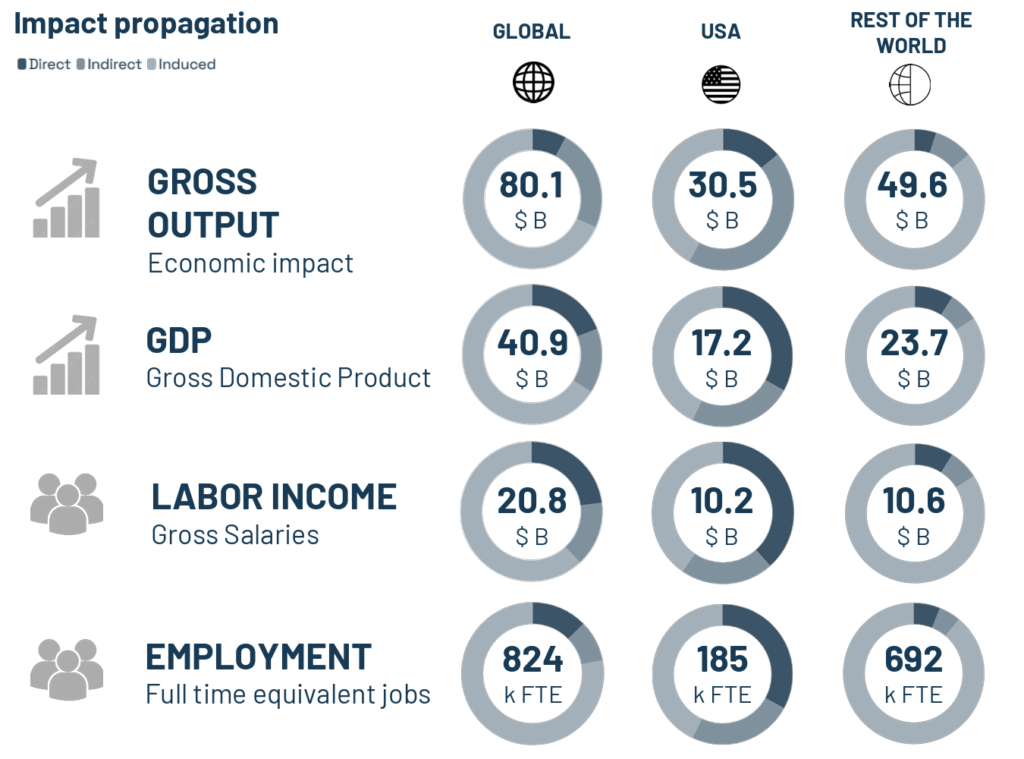
Meanwhile, the newly expanded 32-team FIFA Club World Cup in 2025 is predicted to add $21.1 billion to global GDP, with $9.6 billion of that in the US. Hosting duties for the Club World Cup will fall solely on the United States, with matches scheduled across 11 cities and an estimated 3.7 million spectators expected to attend. The tournament could also generate $17.1 billion in gross output and create 105,000 jobs in the US.
In addition to the economic impact, the reports estimate $8.28 billion in social benefits from the World Cup and $3.36 billion from the Club World Cup. These figures include wider benefits from tourism, infrastructure development, global visibility, and community engagement.
Club World Cup expenditure estimate by source
The research is part of the GoalEconomy initiative, launched after the Women’s World Cup in 2023, and is a product of FIFA’s ongoing collaboration with the WTO. The studies aim to provide a clearer picture of the long-term value of hosting FIFA competitions and reinforce the role of football as a driver of global economic and social development.
Club World Cup Impact Propagation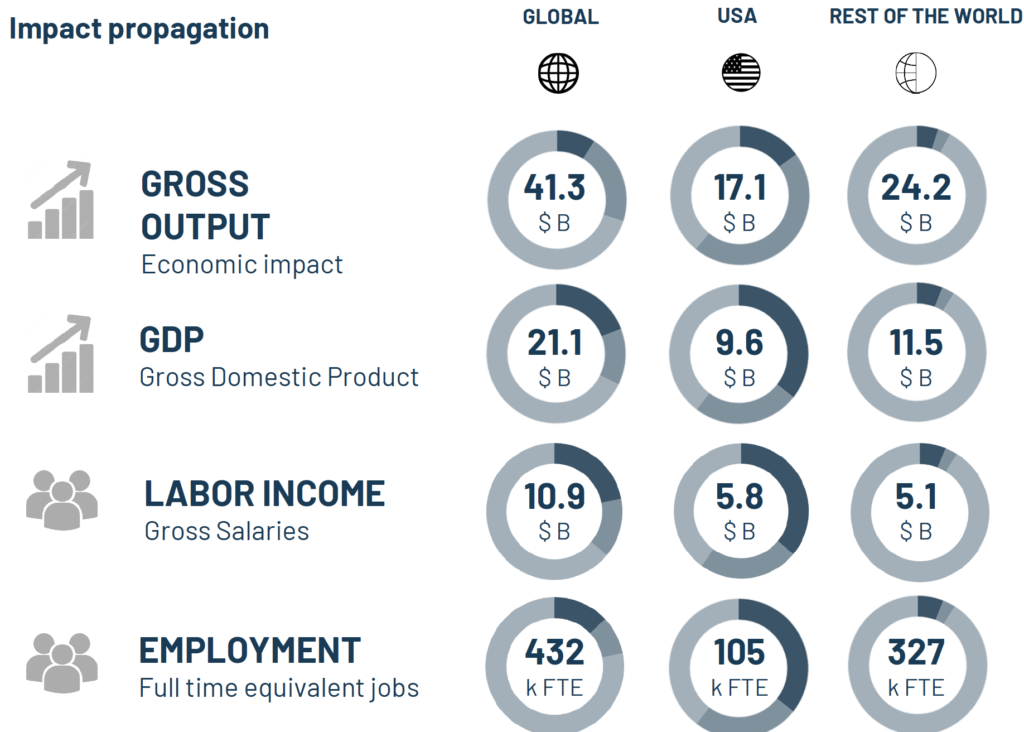
Contact the writer of this story, Harry Ewing, at moc.l1744933201labto1744933201ofdlr1744933201owedi1744933201sni@g1744933201niwe.1744933201yrrah1744933201

